Participation FAQs
What is the CGEn HostSeq Project?
The CGEn HostSeq project aims to sequence the genomes of 10,000 Canadians with a SARS-Cov-2 infection and deposit the sequence and meta-data in a Databank to support the research of all investigators. To do so, CGEn is collaborating with investigators across Canada who are engaged in COVID-19 research.
How can I – as a researcher or clinician – be involved in the CGEn HostSeq project?
Canadian investigators who are currently involved in COVID-19 research are invited to complete a short intake form (Sample Here). This form will be reviewed for eligibility. If eligible, the researcher will be contacted to complete a legal agreement and will be provided with instructions for transferring biospecimens and depositing meta-data. For a live link to the online intake form, click here.
Why should a researcher participate in the CGEn HostSeq Project?
By participating in the CGEn HostSeq Project, costs associated with DNA extraction and whole genome sequencing will be paid for by CGEn, and the whole genome sequence data will be returned to the investigator for their use. The researcher will also be supporting the research of others by contributing the data to the National CGEn HostSeq Databank.
Which participants are eligible for genome sequencing through the CGEn HostSeq project?
All individuals with an REB consent that includes the required core elements for inclusion in the CGEn HostSeq Data Bank can be enrolled in the study.
How can I enrol participants into the CGEn HostSeq project?
Investigators should enroll study participants in their own respective studies according to their institutional guidelines.
Which consent forms do study participants need to sign?
To be eligible for genome sequencing through this project, CGEn requires the following text to be included in an Investigator’s study consent form.
What tissue samples need to be collected?
DNA sequencing will be performed on blood samples. Approximately 4 ml of blood, collected in a lavender top EDTA tube, is required.
How should the tissue samples be stored and sent in?
After being collected, blood samples should be stored at 4C. Ideally, fresh samples will be received by the relevant CGEn node within 48 hours of being drawn. If this is not possible, samples can be frozen at -80C and batch-shipped on dry ice. Samples should be stored in containers with adequate strength, leak-proof when the cap is correctly applied, made of an appropriate material for the type of storage required, correctly labelled, and disinfected from the outside with 0.5% accelerated hydrogen peroxide (Oxivir). Samples should be packaged and shipped as UN 3373 Biological Substance, Category B in compliance with IATA Packing Instruction 650 shipping standards.
What kind of participant information will be collected?
The participating investigator or their representative will be asked to enter data directly into an electronic REDCap database housed at The Hospital for Sick Children. The data requested includes participant age, ethnicity, gender, pre-existing medical conditions, lifestyle, and details on their course of COVID-19 (including any laboratory tests or imaging). [Click here for a “Sample” Case Report Form]
Where will the genomic sequencing be performed?
Genome sequencing will be performed at one of the three CGEn nodes: The Centre for Applied Genomics at The Hospital for Sick Children (Toronto), McGill Genome Centre at McGill University (Montréal), Canada’s Michael Smith Genome Sciences Centre (Vancouver).
Who will have access to the genomic and meta-data?
Any researcher with a Research Ethics Board approved study who has been granted access to the CGEn HostSeq Databank through a proposal to the independent CGEn HostSeq Data Access committee. The researcher will be given access to the requested data in compliance with the data access policy, which provides for access to de-identified subsets of the data for approved research purposes, within a secure, monitored data environment.
How will study participants benefit from the study?
There will be no direct benefit to study participants. However, data from this project will support the research projects of the community. This includes studies into the genomic architecture of host response which, in turn, will identify new biomarkers of disease severity risk and inform novel therapeutic strategies.
What if study participants want to withdraw their consent?
Participants can withdraw from the project at any time, without giving a reason. However, it will not be possible to remove data or samples from research that is in process or has already been carried out.

